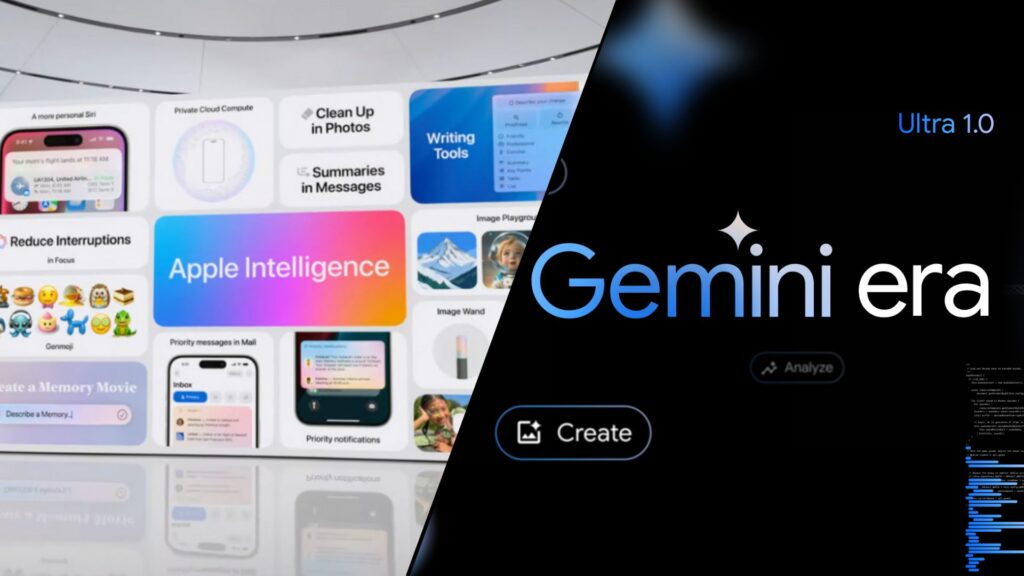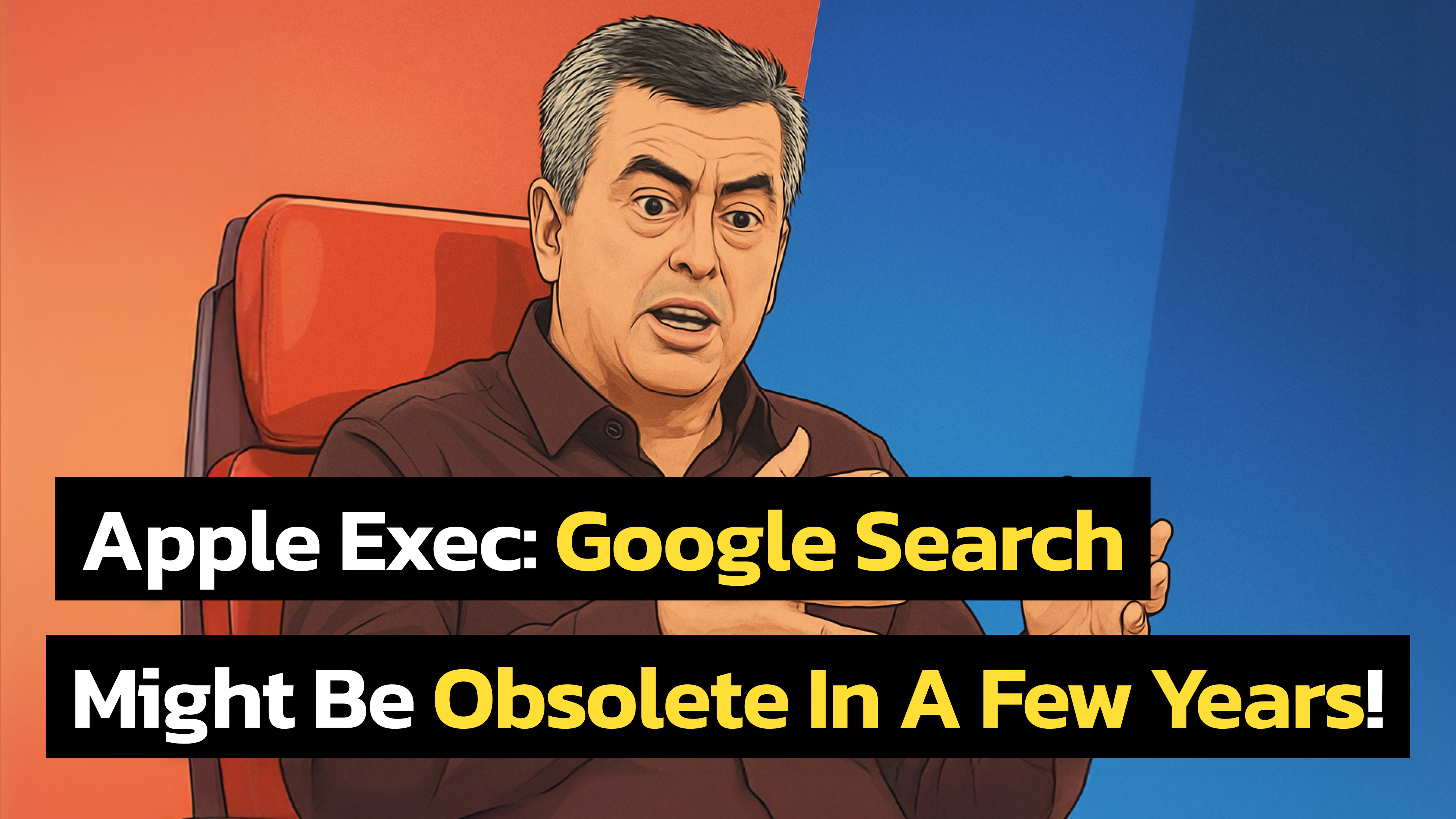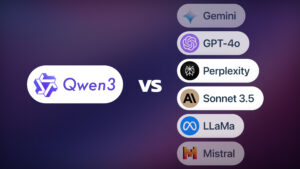Get ready for a seismic shift in the tech world! An Apple executive just casually predicted the demise of Google as we know it, suggesting AI search is not just coming – it’s here to make traditional search engines IRRELEVANT. If you thought Google was untouchable, think again. The AI revolution is knocking, and it might just kick Google off its throne.
In a stunning courtroom revelation that sent shockwaves through Silicon Valley and wiped billions off Alphabet’s market cap, a top Apple executive has painted a stark future for Google Search. Eddy Cue, Apple’s senior vice president of Internet Software and Services, reportedly testified that he believes AI-powered search engines will inevitably replace traditional search methods, effectively signaling that Google’s long-standing dominance could be nearing its end. This isn’t just idle speculation; it’s a high-ranking official from one of the world’s largest tech companies publicly doubting the longevity of another titan’s core business. The implications are massive, not just for Google, but for how we all find information online.
Apple Spills the Tea on Google’s Future
The explosive comments from Eddy Cue emerged during his testimony in the ongoing Department of Justice antitrust lawsuit against Google. The lawsuit scrutinizes Google’s practices, particularly its lucrative deals to be the default search engine on platforms like Apple’s Safari. According to Bloomberg’s report on the testimony, Cue didn’t just discuss the current search landscape; he peered into the future, and what he saw was a world where AI takes over. He allegedly stated that Apple is already considering adding AI search services from companies like OpenAI, Perplexity, and Anthropic as options within Safari.
This is a monumental statement. For years, Google has paid Apple billions of dollars annually – figures as high as $20 billion in 2022 have been cited – to maintain its prime position as the default search engine on iPhones and other Apple devices. This symbiotic relationship has been incredibly profitable for both companies. However, Cue’s remarks suggest that Apple is acutely aware of the shifting tides. He even reportedly mentioned that searches on Safari saw their first-ever decline in April 2025, a drop he attributed directly to the increasing use of AI for information retrieval. The ground is already shaking beneath Google’s feet, and Apple seems to be preparing for a post-Google search world.

Why AI Search is a Google Killer
So, what makes AI search so potent that it could dethrone a behemoth like Google? It boils down to a fundamental shift in how we expect to interact with information. Traditional search engines, for all their sophistication, primarily provide a list of links. You type in a query, and Google gives you a ranked list of web pages it thinks are relevant. You then have to click through those links, sift through the content, and synthesize the information yourself.
AI search, particularly powered by advanced Large Language Models (LLMs) like those from OpenAI, Perplexity, and Anthropic, offers a radically different experience. Instead of a list of links, you get direct answers, summaries, and even conversations. You can ask complex questions, request comparisons, and get information synthesized for you in a digestible format. It’s the difference between being handed a library catalog and having a knowledgeable librarian who can directly answer your questions and even help you refine them. This move towards conversational, answer-driven search is what makes it so compelling and, for Google, so dangerous.
Platforms like Perplexity AI are already demonstrating the power of this new paradigm, providing sourced answers and a more interactive search experience. As these AI models become more accurate, faster, and better at understanding nuanced queries, the appeal of traditional link-based search is likely to wane. Why click through multiple blue links when an AI can give you a comprehensive, well-sourced answer in seconds? This fundamental change in user expectation is the existential threat Google now faces. The rumors of Apple exploring new AI search engines are not just whispers; they are a sign of this impending transformation.
The Crumbling Empire?
Google isn’t blind to this threat, of course. The company has been a pioneer in AI research for years and has been frantically trying to integrate AI into its own search products. We’ve seen the rollout of AI Overviews (formerly Search Generative Experience or SGE), which attempt to provide AI-generated summaries at the top of search results. Google has touted over a billion AI overview users as a sign of its adaptation.
However, this integration has been fraught with challenges. There have been concerns about the accuracy of AI-generated answers, the potential for AI to “hallucinate” or provide biased information, and the impact on website publishers who rely on search traffic. More fundamentally, by shifting towards providing direct answers, Google risks cannibalizing its own core advertising business, which is built on users clicking through to websites where ads are displayed. If users get their answers directly on the Google page, the incentive to click diminishes, potentially upending Google’s entire revenue model.
Furthermore, the speed and agility of newer, AI-native search companies pose a significant challenge. These startups aren’t burdened by legacy systems or existing business models. They can build their products from the ground up with AI at their core, potentially offering a more seamless and intuitive user experience. Google, despite its vast resources, is now in the uncomfortable position of playing defense, trying to retrofit its aging empire for a new era while nimble AI-powered barbarians are at the gates. The very idea that the era of “Just Google It” might be ending is now a serious discussion point.
Apple’s Strategic Play
Apple’s position in this unfolding drama is fascinating. By publicly acknowledging the potential for AI to supplant traditional search and by actively exploring alternatives, Apple is sending a clear signal. On one hand, it could be seen as a strategic hedge. If Google’s dominance wanes, Apple needs to ensure its users still have access to best-in-class information retrieval on their devices. Offering a choice of AI-powered search engines could be a way to future-proof the iPhone and Mac experience.
On the other hand, Apple could be looking to play a more active role in shaping the future of search. The company has its own significant AI capabilities and a strong focus on user privacy. While Cue’s comments focused on integrating third-party AI search, it’s not a huge leap to imagine Apple developing its own AI-driven search solution, one that is deeply integrated into its ecosystem and aligns with its privacy-first ethos. Some analysts believe that Apple is indeed positioning itself for a future where it has more control over the search experience on its platforms, rather than being reliant on Google.
Regardless of Apple’s ultimate strategy, Eddy Cue’s testimony has undeniably accelerated the conversation about the future of search. It has put Google on notice and has given a massive vote of confidence to the emerging field of AI-powered search. The fact that a company as influential as Apple is openly discussing a move away from Google’s traditional model speaks volumes about the disruptive power of artificial intelligence.
Závěr
The tech landscape is littered with the remains of once-dominant companies that failed to adapt to technological shifts. Eddy Cue’s courtroom comments, whether a calculated strategic leak or a candid assessment of the future, have thrown down the gauntlet. The era of Google’s unchallenged supremacy in search may be drawing to a close, not because of a traditional competitor, but because of a fundamental technological paradigm shift driven by artificial intelligence.
For users, this could usher in an exciting new era of more intuitive, conversational, and powerful ways to access information. For Google, it’s a fight for survival, a desperate race to reinvent itself before it becomes a relic of a bygone internet age. And for Apple and the new breed of AI search companies, it’s an unprecedented opportunity to reshape one of the most fundamental aspects of the digital world. The search wars, once thought to be long over, have been reignited, and this time, AI is the ultimate weapon. Google’s future, once seemingly unshakeable, now looks increasingly uncertain. The only question is not ifAI will replace traditional search, but how quickly.







